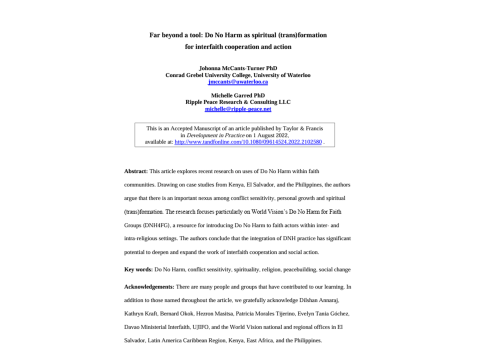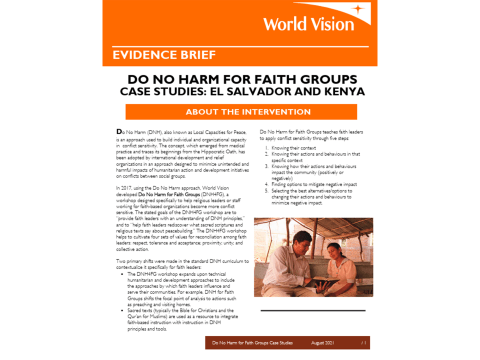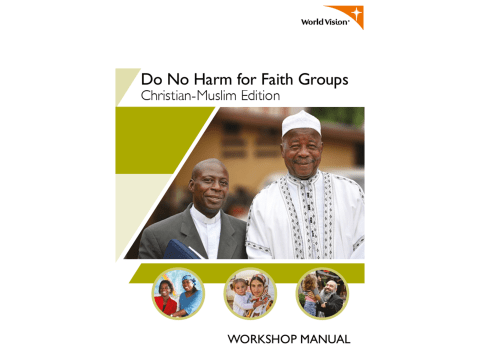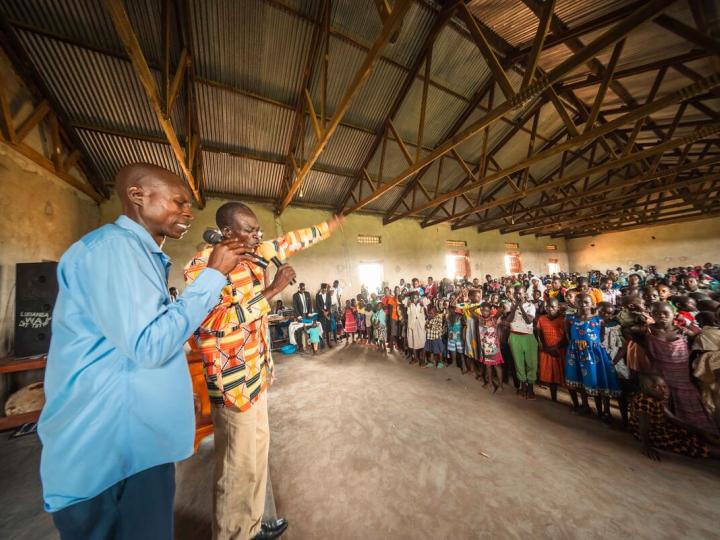
Do No Harm for Faith Leaders
Faith leaders and communities are essential actors in building community, driving social cohesion and building peace. World Vision’s Christian faith is rooted in a quest for peace, extending beyond a simple lack of hostilities to a more comprehensive shalom and sense of well-being. Other faith traditions express similar foundational concepts.
Emphasised quote: Shalom goes beyond a lack of conflict. It is a deep peace, completeness and holistic well-being.
World Vision adapted Do No Harm (DNH)/Local Capacities for Peace, an evidence-based approach widely used in the sector, specifically to provide a tool to equip faith leaders with conflict sensitivity principles and skills while enhancing cooperation within and across religious communities in contexts of both violent and latent conflict.
During the workshop, faith leaders rediscover what sacred scriptures and religious texts say about peace and develop a deeper understanding of DNH principles.
Do No Harm for Faith Groups teaches faith leaders to apply conflict sensitivity through five steps, with unique exploration of faith-related and religious aspects across the steps:
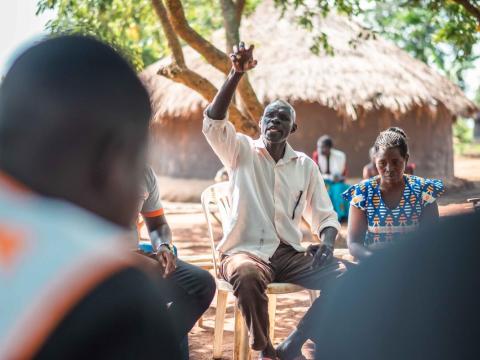
Knowing their context
Understanding how faith or religion is fueling the conflict and violence, and how faith/religious actors are playing a part in either fueling or contributing towards peace. They explore local capacities for peace in their specific context that bring individuals, groups together, including religious & spiritual values, symbols, faith practices and events, etc.)
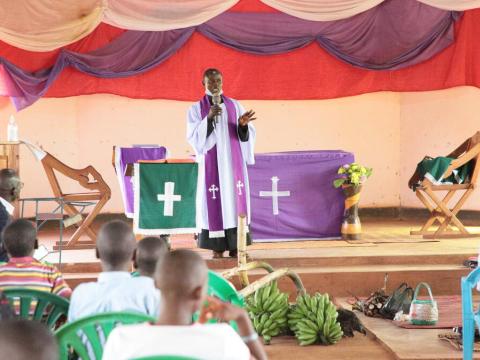
Knowing their actions
Grasping their behaviours in that specific context, including tangible and spiritual faith & religious aspects
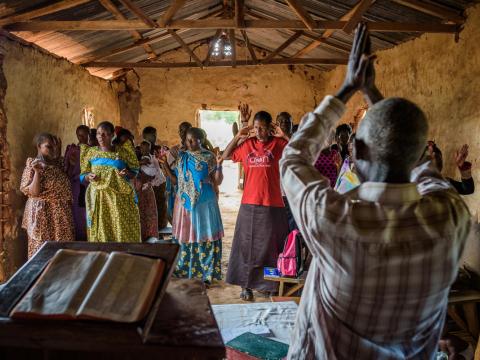
Knowing how their actions and behaviours impact the community
Understanding religiously influenced actions and behaviours, both tangible and spiritual, can either increase the existing tensions or reinforce the existing local capacities for peace
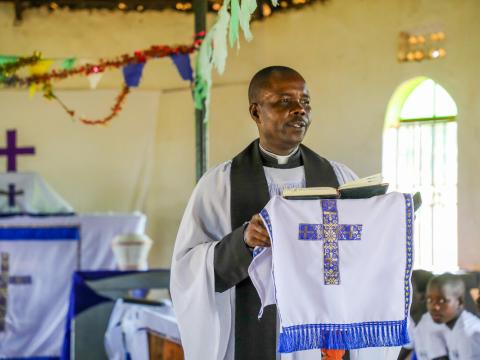
Finding options to mitigate negative impact and increase positive impact
Through spiritual discernment and community feedback, participants seek alternative ways to make decisions or act in the community
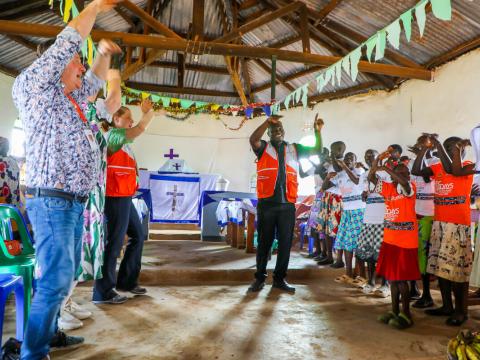
Selecting the best alternatives/options to changing their actions and behaviours
to minimise negative impact and to capitalise on the peace and conflict transformation efforts. Participants commit to reinforcing the tangible and spiritual aspects of faith/religion to strengthen local capacities for peace
A 2019 study found that participants of the workshop reported the process provided practical, ethical and faith formation for them. Faith leaders report a deepened sense of open-mindedness, acceptance and creativity in problem-solving.
“It changed my heart and I realised we should not be divided by religion or faith barriers because we all belong to God who is our Creator, and that we can work together as brothers for the benefit of the community and humanity.” Pastor, Kenya, reflecting on the lasting impact the workshop had several years after the initial workshop.
“It has helped me to go back to the scriptures to reflect on verses that speak on reconciliation. For example, in the Qur'an, there is a verse that says ‘I have created you in different tribes, that you may know each other.’ Basically, we shouldn’t discriminate [against] any human being.” Muslim religious teacher, Kenya.
Participants also learn specific tools and methodologies to increase collaboration, cooperation by understanding key uniters across groups and recognising but not dwelling on dividers.
“Thank God I was chosen by the pastor of my church to participate in the workshop. There, I learned about the methodology of action without harm. I liked the way [they] approached and dialogued with us, with a lot of respect. This knowledge has helped me to accept my brothers and sisters, taking into account the Pope's words where he invites us to see ourselves as brothers and sisters, not to harm each other, and to have more just societies.” A Catholic leader who coordinates the justice and peace team for his church, El Salvador.
Case studies in El Salvador and Kenya reflect the impact on both the leaders involved as well as the broader faith communities, who are able to follow their faith leaders into more intentional and ongoing engagement on behalf of the children in their shared community.
Ongoing research and learning on the impact of Do No Harm is happening in Sri Lanka, Philippines and Burundi through Hidden Peacebuilders, an international collaboration of academics, faith actors, practitioners and policy makers to bridge the gap between local and international approaches to peacebuilding as well as between policy, practice and research. While final research will not be published until late 2025, initial findings include:
(1) faith actors engage with a wider range of community issues due to their sensitivity to "intangibles", i.e. the spiritual reality which feels relevant to many people but has largely been invisible in NGO programming;
(2) DNH has proven a fantastic foundation leading to spin-off activities. It helps forge relationships and partnerships between faith leaders of different traditions, and with support, they are undertaking other initiatives.
